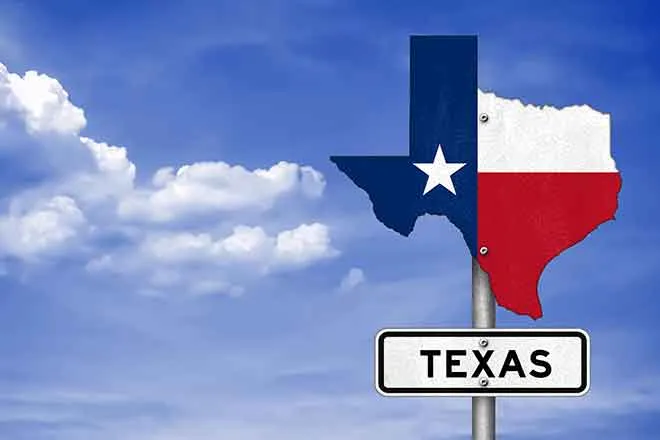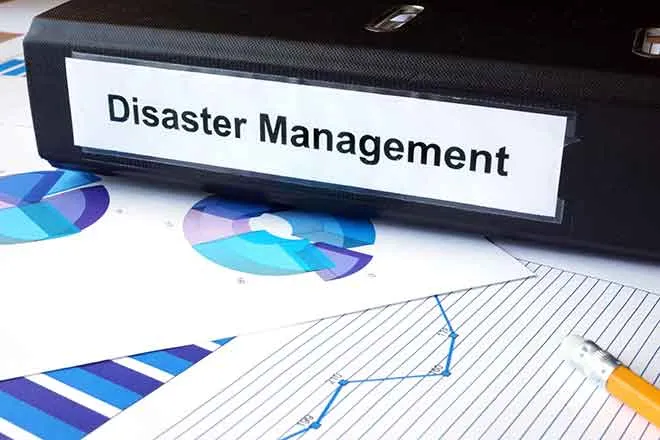
California’s largest property insurer demands rate hike after wildfires
State Farm, California’s largest property insurer, is demanding a 22 percent emergency rate hike after the Southern California fires, saying that over the last years it has paid out $1.26 in claims for every dollar in premiums it has collected.
Since the passage of Prop. 103 in 1988, state regulators have had to approve any rate hikes, which has led to rates not keeping up with rising claims and risks.
State Farm says that as a result, it has lost $5 billion over the last nine years in California, and that it had no option but to stop underwriting new policies in 2023.

© Poca Wander Stock - iStock-1470986827
“With further capital deterioration as a result of the wildfires, additional downgrades could follow. If that were to happen, customers with a mortgage might not be able to use State Farm General insurance on the collateral backing for their mortgage,” wrote State Farm. “Even before the January wildfires, at year-end 2024, State Farm General’s Policyholder Protection Fund – or capital available to pay future claims – was approximately a quarter of what it was in 2016.”
State Farm also did not renew policies for 30,000 homeowners in March 2024 in an “ongoing” non-renewal process, but said that “homeowner policies which had pending non-renewals in Los Angeles County that were on the books on January 7th will have an option to renew.”
For homeowners without any available standard market insurance, the state-regulated FAIR Plan of last resort has been an option, albeit with higher rates and low coverage maximums. With the FAIR Plan holding $6 billion of liability in the now-devastated Pacific Palisades alone — a figure boosted by recent State Farm non-renewals in the area — the plan could have no choice but to pass major assessments on to customers. It could take out new bonds if a new state bill authorizing them to do so passes — which would likely result in the passing of these new costs on to customers — or require the authorization of a state or even federal bailout.

















